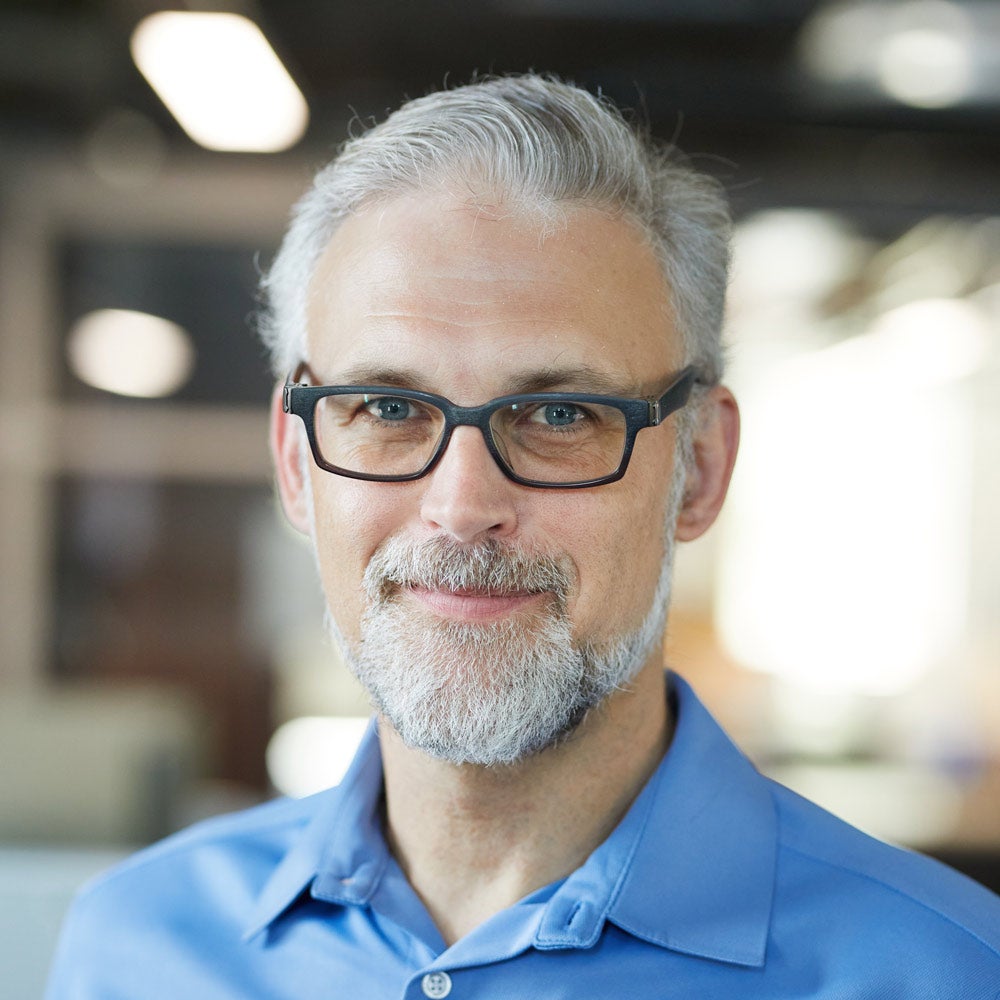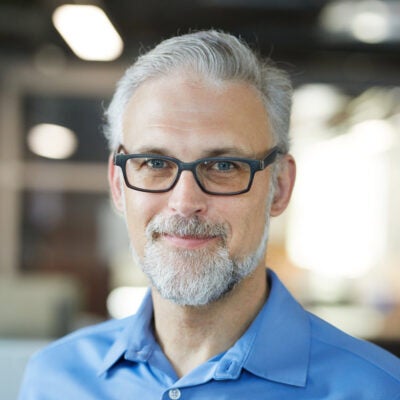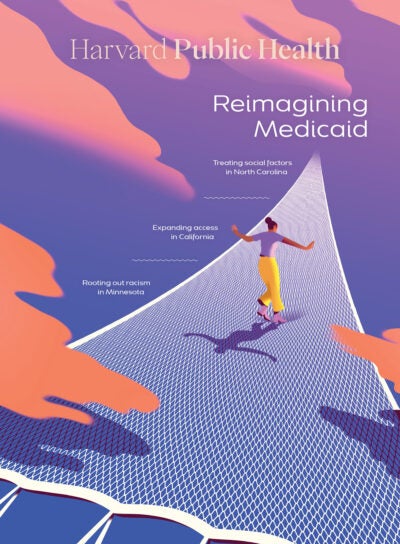From the editor
Some problems, only government can solve
“Good enough for government work” used to be a snide way of saying something wasn’t very good at all. The truth is, we give our most difficult problems to government. We especially want governments to take on things markets don’t find profitable enough—even free market champion Milton Friedman, the Thanos of government-busters, knew markets had their limits and needed a referee (not that he thought much of government-provided health insurance).

Public health is inherently the work of government, a true public service. Yet in the United States, we the people have refused to allow our government to offer universal health care. In this we differ from every other high-income nation, and a number of other countries, too.
This being the U.S., we are exceptionally exceptionalist. We have Medicare for people 65 and older (and for some people with disabilities). We also offer Medicaid and the Children’s Health Insurance Program to people below certain income levels, and with disabilities. All told, these programs cover almost 41 percent of our population. Increasing life expectancy and expanding access to care, which improves outcomes, are some of the ways society measures government’s performance. And on a broad scale, over long periods, we see improvement.
This is not to say there isn’t plenty of room to do better, and in this issue, HPH looks at some high-profile, almost radical efforts to improve Medicaid. Minnesota Medicaid’s medical director, Nathan Chomilo, has spurred the agency to shake up how it operates, aiming to eliminate racist structures that have created differences in health outcomes for people of different races. Its methods can be applied by other Medicaid agencies.
North Carolina, in a program set in motion by Mandy Cohen before she became head of the CDC, is spending Medicaid dollars on a holistic vision of prevention. The idea is that redirecting Medicaid resources toward fighting social determinants will improve population health—and also save money. And California is nearing the end of its massive expansion of Medicaid, bringing insurance and access to health care to hundreds of thousands of people who are undocumented but who live, work, and pay taxes in the state. It’s an audacious effort, full of challenges. It’s also work only government can successfully pull off.
Think of government as the impetus for addressing social problems at scale. Another story in this issue looks at grassroots efforts to create diaper banks. These nonprofits are effective in their communities. But what about people who live elsewhere? Policymakers are starting to consider this question.
HPH looks to bring stories like these to life in every issue and in all the pieces we publish at harvardpublichealth.org. Let me know how we’re doing, and which questions you want to see us explore, by writing me at michaelfitzgerald@hsph.harvard.edu.




